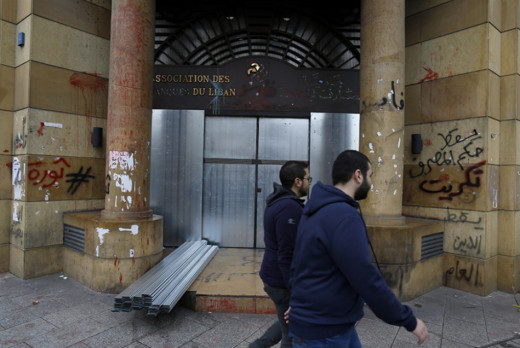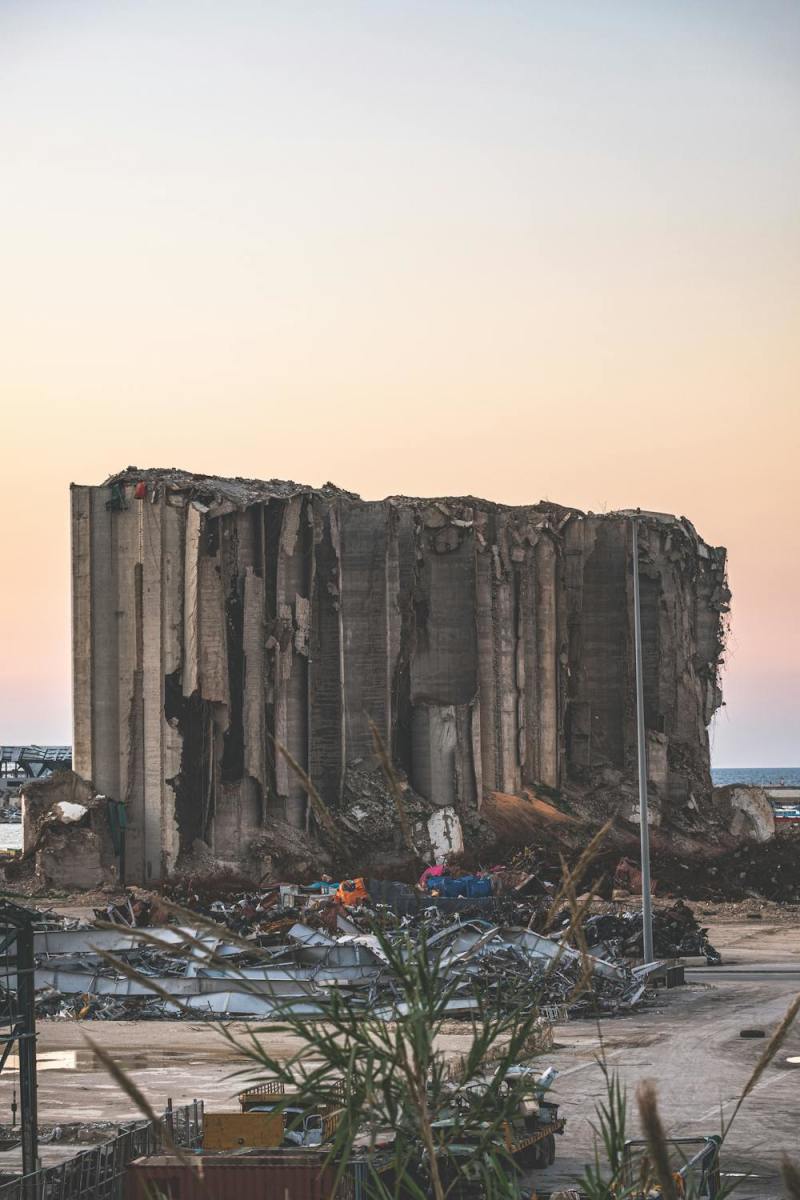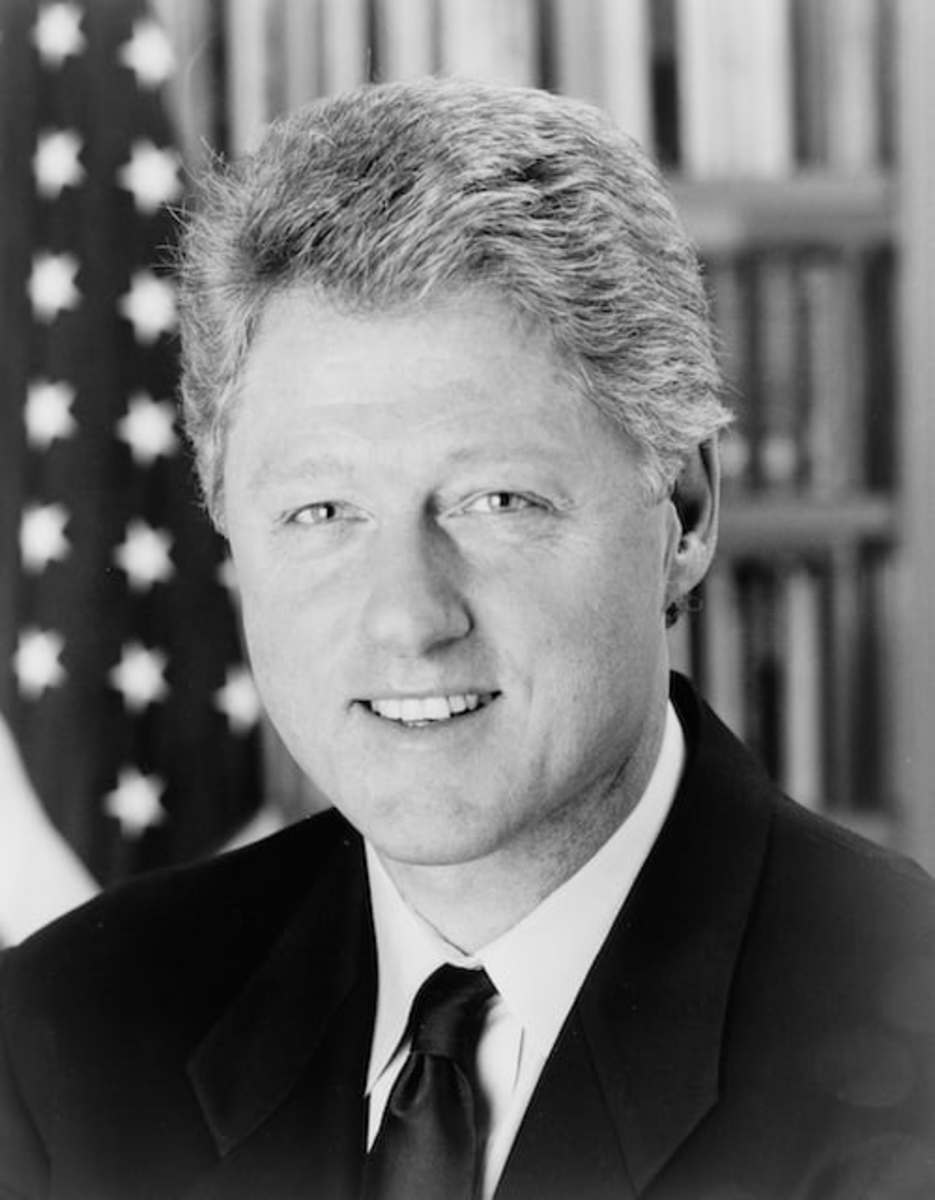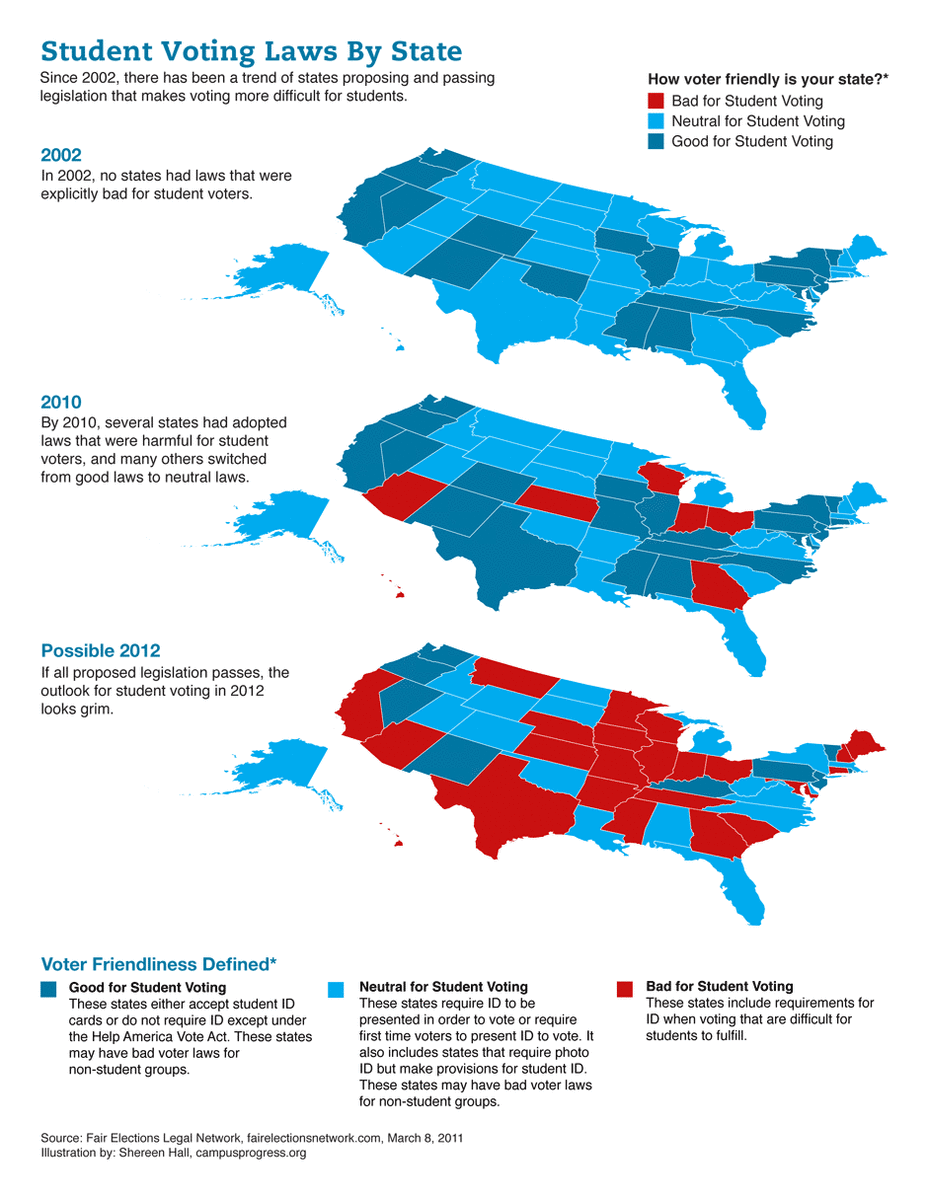US-Saudi Consensus: Lebanon’s Collapse Is Better

The American decision to leave Lebanon collapsing seems to be under implementation. The Saudis joined the same idea. They are more enthusiastic than the Americans, too. And between them, France is in a difficult situation. Neither does it want to confront Washington and Riyadh, nor is it capable of imposing itself as a player that Lebanon can count on. As for the rest of the region, it appears in a state of great confusion, amid a high level of internal tension, and a great inability of political forces to produce a new formula for managing all crises.
Today's confidence session will not solve the problem. Neither movement is capable of placing it at the center of the system or overthrowing power, nor are the prominent forces able to offer a solution that satisfies people. The result is that the collapse continues and with it a social, psychological, and subsistence fracture that afflicts the majority of people, who will wisely move to a different stage of anger, amid the absence of indications that new powers are actually able to develop a program that does not work and does not intersect the accounts of the major players in Lebanon and abroad.
And if the powers of the authority have made talking about the external conspiracy an unimaginably disgraceful joke, then the workers in the service outside the authority and the mobility forces have also woven their story, which has also become unbelievable, especially at a prominent mass of cadres who seem to have "underestimated" The quality of the revolutionaries, so they became their job and from it they live.
Abroad, executive delegates have traveled again, especially to the United States. It will take at least two weeks, before Lebanon is buzzing with news about the US implementation plans related to the financial and economic situation. But before the messengers of Banshee arrived, many facts can be monitored in an attempt to understand the picture of the coming weeks:
- Suddenly, it was decided to postpone or cancel a visit that was in preparation for a senior American official to Beirut (it was reported that he is an adviser to President Jared Kushner) and the reason is not that there is nothing to say, but rather Based on advice - some of which are Lebanese - to wait for many developments in Lebanon, based on regaining the momentum of the popular movement, launching successive campaigns under the title of overthrowing the new government, and raising the level of demands for the fall of the President of the Republic and the House of Representatives together.
The American official’s agenda was full of what the United States assumes Lebanon’s share of the “deal of the century”, and that includes an American awakening on the rights of Palestinian refugees in Lebanon, and pressure on the Lebanese government to initiate formal steps aimed at modifying the living and housing conditions of Palestinian refugees and repealing laws That prevent them from ordinary civil rights. This awakening aims to cancel the camps and prevent any special security or military situation for these people.
The Americans also want to deliver a clear message that the problem with Syria is continuous; that Lebanon cannot take any normalization steps with the Syrian government; and focus on the file of the displaced Syrians in the sense that Lebanon will be responsible for any catastrophe that affects those who return to Syria now. Consequently, calling on Lebanon to stop their dispatch operations to Syria and to enhance the reality of their residency in Lebanon and to legislate work and science opportunities for them.
The Americans affirm that Lebanon's main problem relates to the presence of the resistance and its weapons. And that the West will be on the side of Israel in any action aimed at striking at the missile structure of the resistance in Lebanon if the Lebanese army did not take the initiative in handing it, and stressing that the Lebanese government is concerned with curbing Hezbollah's activity outside Lebanon in all ways.
- Washington stresses that the financial situation of Lebanon will not be treatable except to the extent that Lebanon adheres to the clear conditions of donor countries and the recommendations of international financial and monetary institutions, and that this is through accepting international guardianship of the management of the Lebanese state, and tacit supervision of assets, including the oil and gas file.
Sanctions In the Name of Corruption
However, the American steps will not be limited to warning messages only. Rather, it seems that a weak team in Washington is inclined to choose to increase the level of pressure on Lebanon. And if Under secretary of State David Hill represents the current that warns of steps that make all of Lebanon in the Hizbullah story, then Assistant Secretary David Schenker is exclusively concerned with how to prevent someone from taking a step that would make Lebanon relax politically, economically or financially. It may be appropriate to present some facts on this matter.
Schenker, who previously visited Lebanon, listened to opinions saying that the United States' allied political class in Lebanon was no longer fit to play a pivotal role. Those who want to topple the anti-American class must sacrifice their group. According to this logic, the overthrow may not be in the form of traditional exclusion. Rather, it can be done by building a new system of political leaderships, based on transferring the loyalty of some "civil" personalities from the authority of prominent authorities and authorities today to a "mysterious" era, as is the case with some members of the Free Patriotic Movement bloc. Where work is proceeding without interruption to produce additional deputies after Nemat Ephrem, and that the matter is not limited to deputies, but also includes leading personalities in the movement as well.
An American awakening to the rights of the Palestinian refugees and any normalization steps with Damascus are prohibited
On the other hand, Schenker's team found that fighting corruption is an appropriate trick to get rid of personalities and businessmen that America believes are not serving its allies. That is why Schenker, despite David Hill's reservations, succeeded in extracting a decision in the US State Department mandating "fact-finding missions" to study the situation of a number of Lebanese or Arab personalities operating in Lebanon. And that the financial situation and its ties with some politicians should be scrutinized, and that all projects related to external financing should be frozen until the completion of this audit. Indeed, the State Department, in consultation with the US Treasury, assigned special teams, visited Lebanon and Arab and European capitals, and began studying the detailed files of a large number of Lebanese businessmen, politicians, bankers and legal professionals who Washington believes are giving them access to great political references in order to condemn them for corruption. It is interesting, however, that Schenker's first list lacked any known figure who was Hezbollah's political loyalty. Rather, the punishment project is never based on the charge of relationship with Hezbollah. Therefore, the draft contains names from Christian denominations, Sunnis and Druze.
But the new thing, recently revealed by personalities involved in this file, that the view supported by Hill made some progress, after the first round of field investigations showed that there was no match for Schenker's appetite (information from Washington says that no thread has been reached linking accused of corruption with the head of the current The Free Patriotic Gibran Bassil has so far, and there have been surprises that have indicated other references such as Saad Hariri, Walid Jumblatt, Suleiman Franjieh and the Association of Banks).
Players in Lebanon
Meanwhile, the Lebanese parties working in identification with the American project seem more coordinated with Saudi Arabia. Based on the fact that the assistant executive team of the Saudi crown prince endorses the principle of saving no intervention until after the surrender of Lebanon, which allows them, according to what they believe, to demand the removal of Hezbollah from all internal political life and control its weapons and cut its ties to the region. And these people act that the fate of the popular movement will serve them, especially with regard to the idea of toppling the parliament and the president of the republic. Indeed, some of these behave on the basis that he is a partner in the movement, especially the "forces" that play a central role in "embracing the northern groups", amid a conflict that began to appear between the supporters of Saudi Arabia and the supporters of Turkey and Qatar against the background of the northern scene.
Meanwhile, the Lebanese will hear in the coming period more negative talk about the government of Hassan Diab and its ministers. And they will see serious attempts to stage massive protest movements in more than one place against the executive, judicial and security authorities. It may not be too late, until we see the founding leaders of the March 14 team write the revolution's speech. Note that serious forces in the popular movement are moving to prevent these people from gripping the popular scene. And God knows best, for what power they trust!








